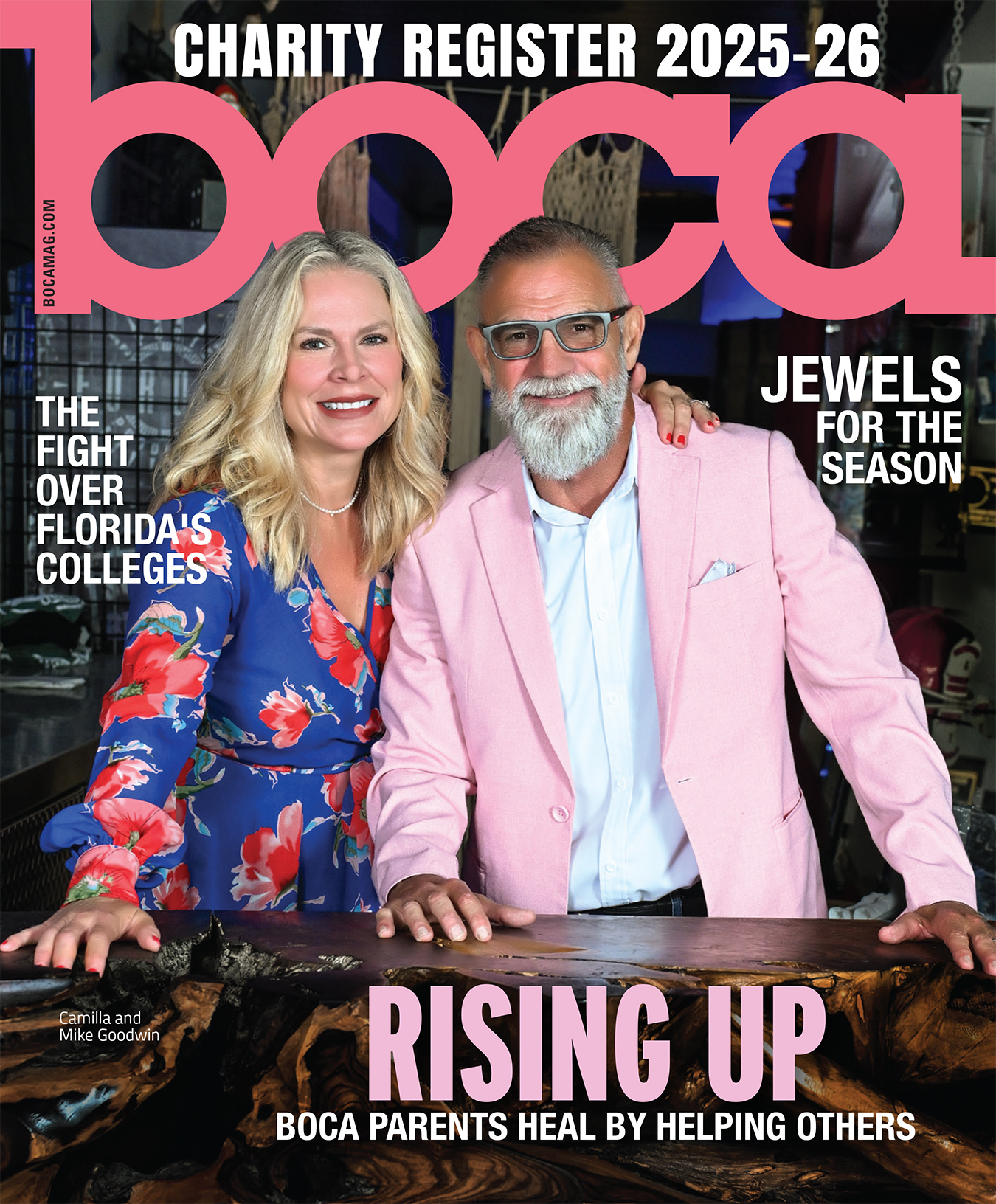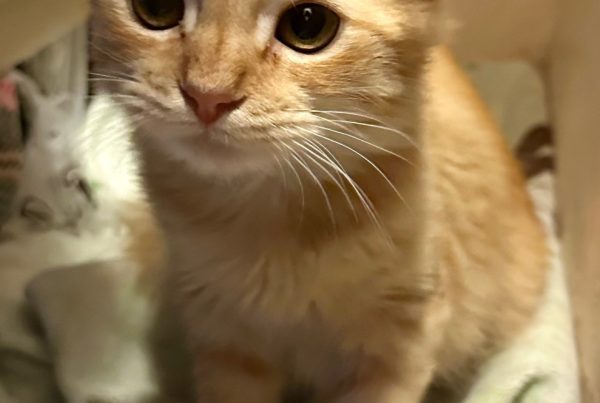Think tank aims to devise better ways to improve healthcare for veterans.

Sgt. Austin Capers; Cheryl Krause-Parello, Ph.D., R.N. principal investigator and associate professor in the College of Nursing at University of Colorado; Linda Weglicki, Ph.D., R.N., a professor and associate dean for nursing research and scholarship and Ph.D. studies at FAU’s College of Nursing; and Linda Flynn, Ph.D., R.N., a professor in the College of Nursing at the University of Colorado. Photo provided by Florida Atlantic University.
Former United States Army Sergeant Austin Capers devoted nearly five years of his life to serving his country. Now the 32-year-old Hobe Sound resident is turning his attention to serving his fellow military veterans.
Capers has volunteered to facilitate the Veterans’ Action League, a community-based think tank, in collaboration with Florida Atlantic University to represent Florida in the national committee’s aim to improve veteran healthcare delivery.
The Veterans’ Action League brings together veterans, researchers, healthcare providers and others in the community to talk about veteran healthcare delivery and brainstorm about how to make it more accessible, useful and easier to navigate. FAU is a collaborative academic research member of the Veterans’ Action League. Linda Weglicki, professor and associate dean of FAU’s college of nursing, and Capers are working together to lead the two-year project in Florida. Florida is among the six states that were chosen because of their large veteran populations.
“We are working collectively to identify resources and come up with solutions to decrease and ultimately eliminate some of the challenges veterans and their families encounter, such as continuity-of-care in services, difficulty navigating the system and inadequate healthcare services,” Weglicki said in an FAU press release.
Capers knows firsthand how important quality, accessible healthcare is for military members and veterans. Capers was deployed twice from the army base at Fort Eustis, Va., to support Operation Iraqi Freedom. At the end of his second deployment, which spanned 15 months from 2007 to 2008, he tore his anterior cruciate ligament (ACL), which helps to stabilize the knee. The first surgery by a military doctor failed, and he had to have a second surgery on his knee when he returned to the states.
Each state taking part in the Veterans’ Action League has a similar setup, according to Capers, where a veteran or military member is paired with a researcher. Together, they facilitate meetings every other month to create a dialogue and collect data.
“We’ll be having these [Veterans’ Action League] think-tank sessions, where we engage a group of eight people, which is a mixture of mainly veterans or military members to [Veterans Administration] social workers, doctors, anyone that can contribute something to our end cause,” Capers said.
The project’s focus is to create an interactive, easy-to-use toolkit to connect veterans with available healthcare resources.
Capers, who is in business development for West Palm Beach-based Scientific Instruments, says he’s volunteering with the league because he’s passionate about helping veterans who may be having a hard time transitioning from being a soldier to being a civilian.
Healthcare hurdles can slow and even stop that transition.
“If there are readers who are veterans or family members who have been through or experienced the VA healthcare system, or nurses, doctors—anyone who feels they could contribute something—they can contact me,” Capers said.
Capers’ email is acapers@scientificinstruments.com and Weglicki’s email address is lweglicki@health.fau.edu.
You can also visit the Veterans’ Action League’s Facebook page.







